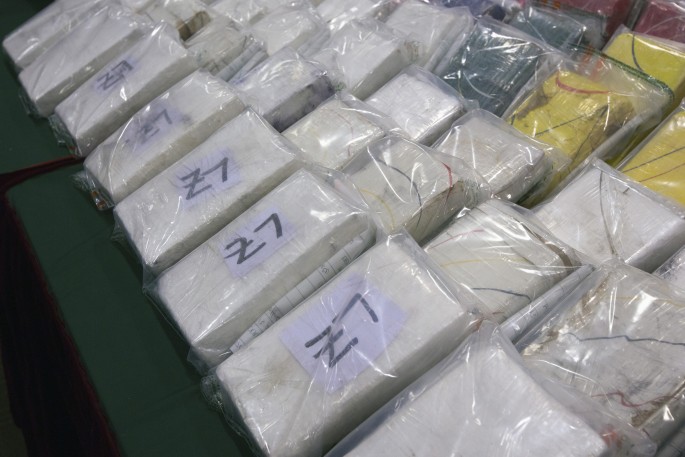Chinese authorities have called on Internet service providers and website operators in the country to monitor and report instances where their platforms are used to promote or trade in narcotic substances.
This notification is part of a set of guidelines that were jointly issued by about nine departments from the Chinese government on April 29, Wednesday, according to Xinhua. The guidelines explicitly authorize Internet service providers and website operators to remove any narcotics-related material posted on their websites immediately and contact the authorities.
Besides being prosecuted, the guidelines further notes that failing to report offensive narcotic content could lead to a permanent ban from professional practice.
For many years, Chinese authorities have been working to stamp out the trade in illicit drugs in the country. Last month, officials announced that during a six months long crackdown on narcotics, up to 40 tons of narcotic items were seized and up to 133,000 people had been arrested.
Experts say that because of the location of China--in close proximity to key drug markets in Southeast Asia--the country has been a favored transit point for narcotic drugs for many years.
The growing popularity of the Internet in the country has reportedly lured drug dealers and users to hold forum online. Over the past few years, thousands of people have been arrested in China for using the Internet to engage in activities linked to illicit drugs.
There have been reports of drug trades over the Internet in China. But some experts have questioned these claims. Recently, a Swiss art group showed that this possibility is very real after they programmed a robot to buy illegal items from the deep Web. Among other things, the Swiss Random Darknet Shopper robot is reported to have purchased Ecstasy pills.
The deputy director of the Beijing Higher Court, Sun Li, told China Daily last year that people involved in the narcotics trade in the country are using social media apps (such as WeChat and QQ) to communicate. According to him, the dealers often deliver their products through express mail.



























